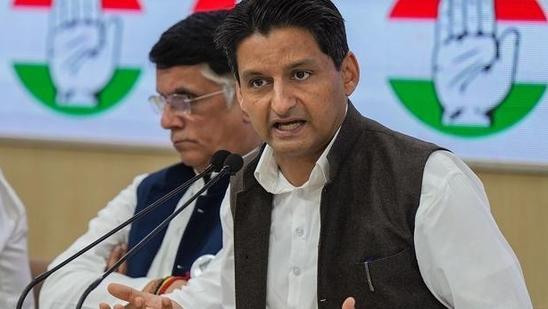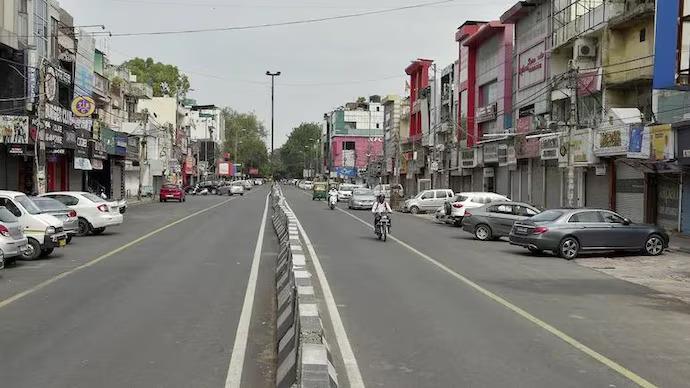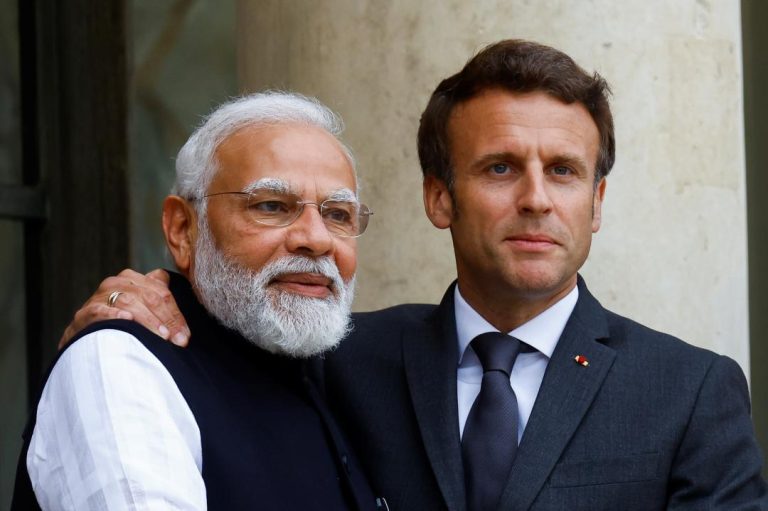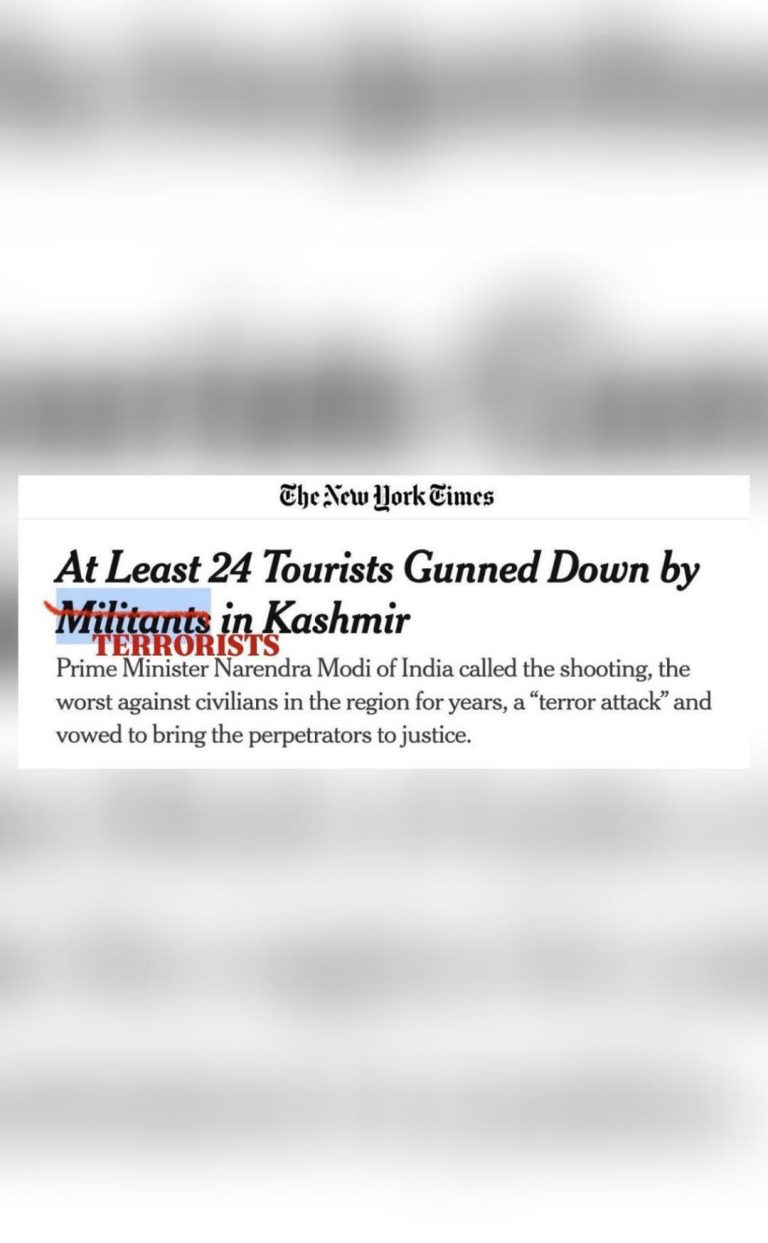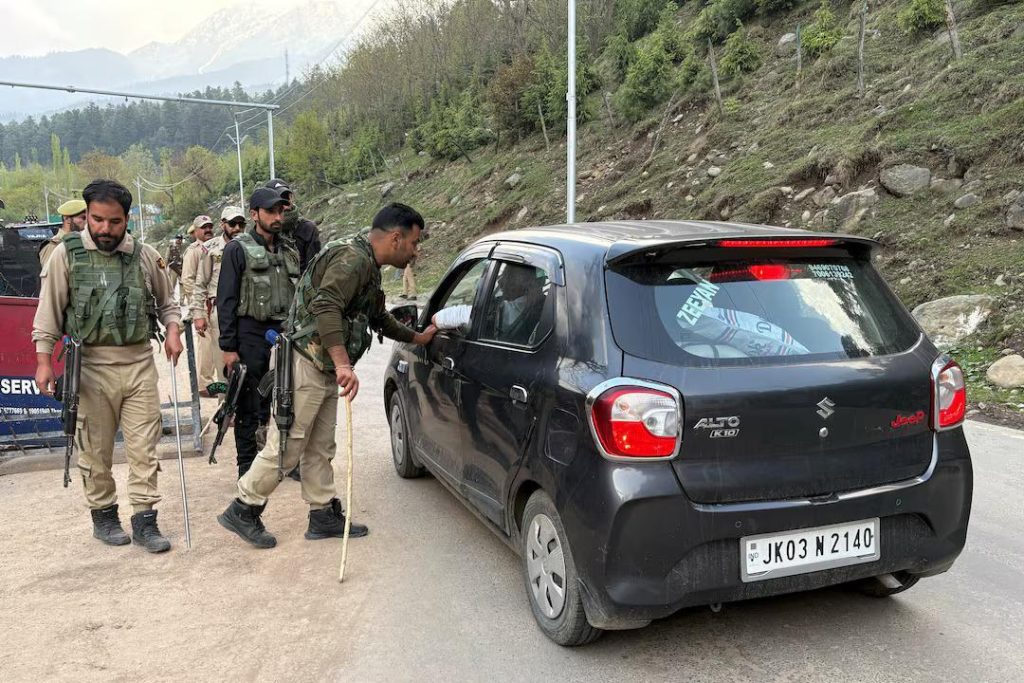
What Steps Has India Taken Against Pakistan So Far After Pahalgam Terror Attack?
India and Pakistan have been engaged in a long-standing rivalry, with tensions often escalating into violent conflicts. The recent Pahalgam terror attack, carried out by Pakistan-based terror outfit TRF, a faction of Lashkar-e-Taiba (LeT), has sent shockwaves across the country. In response to this dastardly attack, India has taken several stern measures to deter Pakistan from supporting and sponsoring terrorism.
In a statement, the Ministry of External Affairs (MEA) said that India has taken seven significant steps to deal with the situation, which has sent a strong message to Pakistan that such acts of terrorism will not go unpunished. In this blog post, we will explore these steps and the implications they have on India-Pakistan relations.
Suspended 1960 Indus Waters Treaty
One of the most significant steps taken by India is the suspension of the 1960 Indus Waters Treaty. This treaty, signed by India and Pakistan, regulates the sharing of the waters of the Indus River and its tributaries. The treaty is a critical aspect of India-Pakistan relations, as it ensures that both countries have a reliable source of water. However, in the wake of the Pahalgam terror attack, India has decided to suspend the treaty, sending a strong signal to Pakistan that its support for terrorism will have severe consequences.
Closed Attari-Wagah Border
India has also closed the Attari-Wagah border, which is a critical border crossing point between India and Pakistan. The border, which is famous for its flag-lowering ceremony, has been shut down to prevent any further incursions or attacks. This move is significant, as it has disrupted the regular movement of people and goods between the two countries.
Asked Defence Staff at Pakistan High Commission to Return
In another move, India has asked the defence staff at the Pakistan High Commission in New Delhi to return to Pakistan. This decision was taken after Pakistan had refused to take back its defence staff from India, citing security concerns. India’s decision to ask the defence staff to return is a strong message to Pakistan that it will not tolerate any provocation or aggression.
Recalled Defence Staff from Indian High Commission in Islamabad
India has also recalled its defence staff from the Indian High Commission in Islamabad. This decision is significant, as it has disrupted the functioning of the high commission and has sent a strong message to Pakistan that India will not compromise on its national security.
Cut Staff Strengths at Both High Commissions
India has decided to cut the staff strengths at both the Pakistan High Commission in New Delhi and the Indian High Commission in Islamabad. This decision is significant, as it has reduced the number of officials who can interact with each other and has curtailed the ability of the high commissions to function effectively.
Suspended Visa Services for All Pakistani Nationals
In a move that is expected to have far-reaching implications, India has suspended visa services for all Pakistani nationals. This decision is significant, as it has disrupted the regular movement of people between the two countries and has sent a strong message to Pakistan that India will not tolerate any form of terrorism.
Implications of India’s Steps
India’s steps against Pakistan have far-reaching implications for the region. The suspension of the Indus Waters Treaty, closure of the Attari-Wagah border, and recall of defence staff are significant, as they have disrupted the normal functioning of the two countries. The decision to cut staff strengths at both high commissions and suspend visa services for all Pakistani nationals is expected to have a major impact on trade and people-to-people exchanges between the two countries.
The implications of India’s steps are not limited to Pakistan alone. The region as a whole is likely to be affected, as the escalation of tensions between India and Pakistan can have far-reaching consequences. The international community is watching the situation closely, and the response of other countries to the escalation of tensions between India and Pakistan will be crucial in determining the future course of events.
Conclusion
In conclusion, India has taken several stern measures against Pakistan in response to the Pahalgam terror attack. The suspension of the Indus Waters Treaty, closure of the Attari-Wagah border, and recall of defence staff are significant, as they have disrupted the normal functioning of the two countries. The decision to cut staff strengths at both high commissions and suspend visa services for all Pakistani nationals is expected to have a major impact on trade and people-to-people exchanges between the two countries.
As the situation continues to unfold, it is essential to monitor the developments closely and to assess the implications of India’s steps on the region as a whole. The international community must also play a constructive role in resolving the dispute and promoting peace and stability in the region.
Source:
